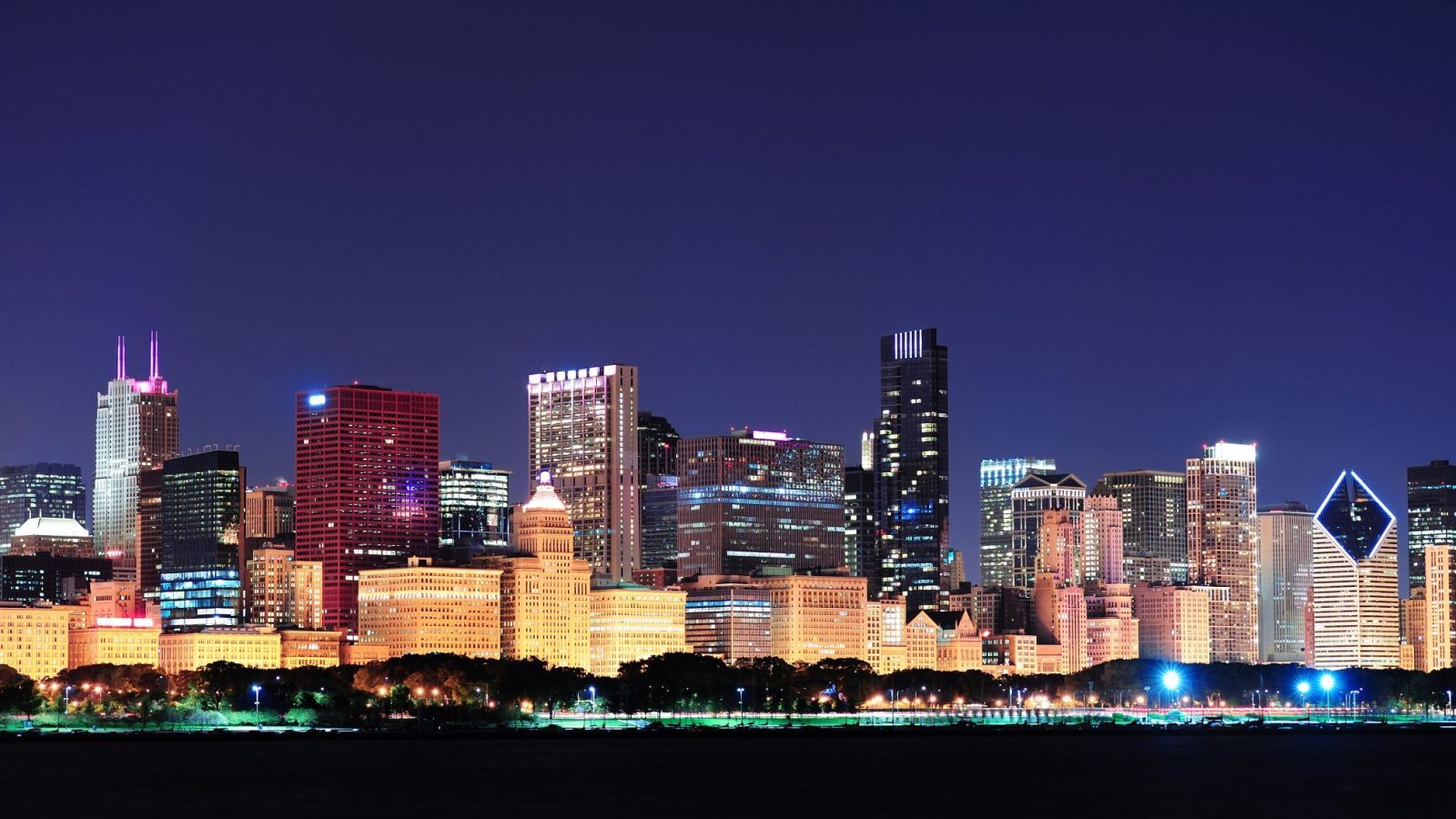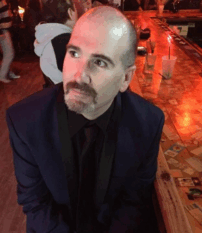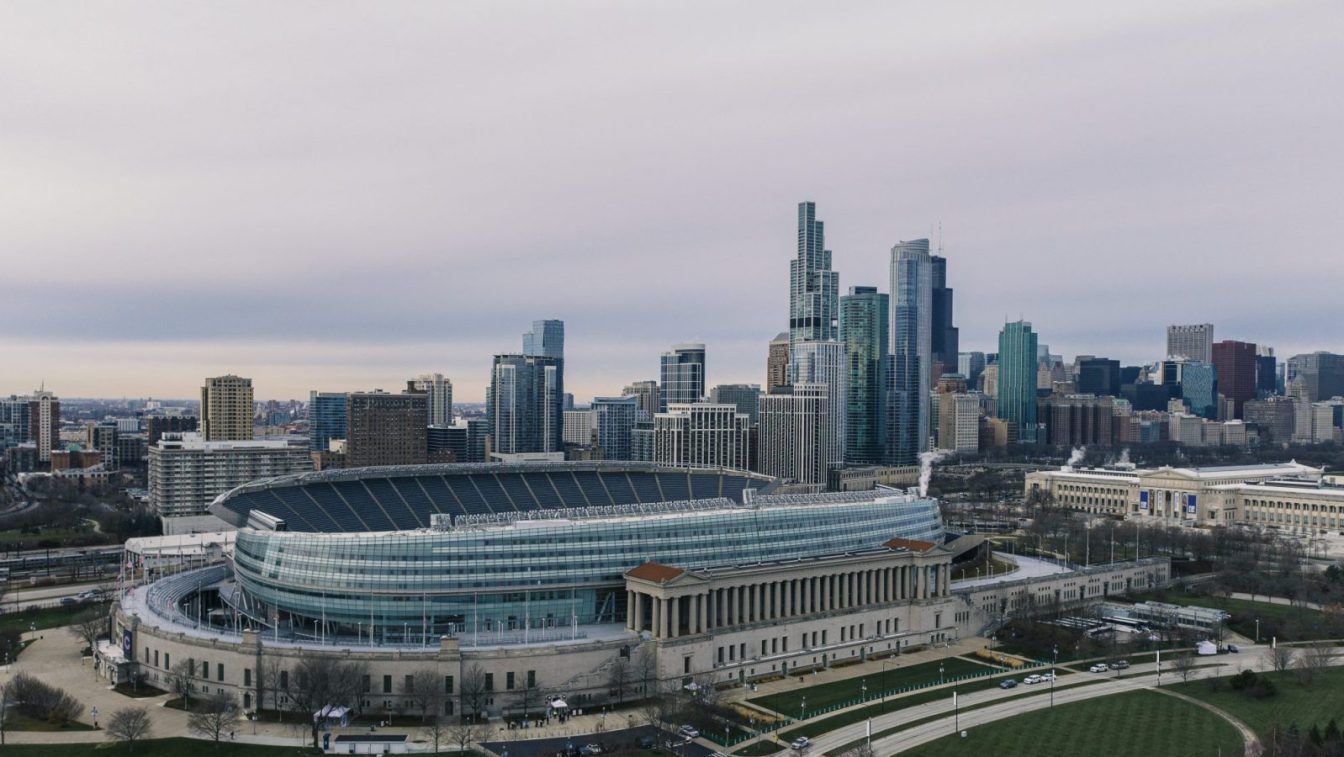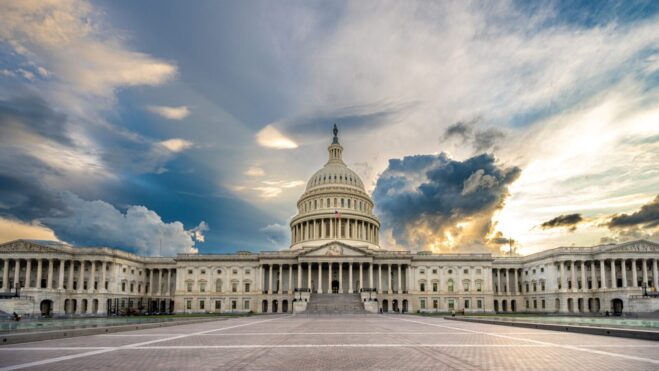Chicago Moves Step Closer To Allowing Video Gaming Terminals
A need for revenue and a broadside against Bally’s are part of city dipping its toe into VGT waters
4 min

Chicago moved incrementally forward in potentially legalizing video gaming terminals (VGTs) this week when the City Council’s Committee on License and Consumer Protection recommended to pass an ordinance that would authorize locations such as restaurants and hotels with a liquor license categorized as an “incidental activity license.”
The ordinance, submitted by Alderman Anthony Beale, passed by an 8-6 vote with three members absent and one not voting. Beale’s push to legalize VGTs, which he says could generate between $60 million and $100 million in annual revenue for the city, comes at a time when Mayor Brandon Johnson and the City Council are trying to address a projected $1.2 billion budget shortfall for next year’s budget that takes effect Jan. 1.
“This ordinance is something that we’ve been looking at for some years,” Beale said in his remarks to committee Chair Debra Silverstein. “Springfield is, I think, desperate for us to adopt video gaming because of the amount of revenue that would be generated from this … and so, are we to just sit back in this body and look down the barrel of a $1.2-$1.5 billion deficit with nothing in sight?”
There are 49,500 VGTs spanning 8,700 locations statewide in Illinois, and they are the largest source of gaming tax revenue in the state. VGT play generated $1.08 billion in total tax revenue in Fiscal Year 2025, with the state’s share coming to $921.4 million. The terminals, however, are barred in Chicago by city ordinance.
Underachieving Bally’s comes under fire
The backdrop of Beale’s push to legalize VGTs includes Bally’s ongoing efforts to build its $2 billion casino in the River North neighborhood downtown. Bally’s has been operating a temporary casino at Medinah Temple since September 2023 and has roughly one year to open its permanent venue per state law.
Johnson inherited the casino issue from predecessor Lori Lightfoot, who moved in relatively rapid fashion to have the City Council designate Bally’s as its preferred operator. Bally’s then submitted its application to the Illinois Gaming Board in August 2022 and received all proper approvals from the state agency to launch 13 months later.
But construction on the grounds of the former Chicago Tribune publishing plant has encountered obstacles. Of bigger concern to city aldermen is Bally’s failing to meet revenue projections in the city budget last year and thus far in 2025. Johnson projected $35 million in revenue from the casino for both years, but Bally’s generated only $16.1 million in 2024 and $9.7 million through the first eight months of this year.
A representative from the Chicagoland Chamber of Commerce spoke on Bally’s behalf objecting to the ordinance, but the absence of a Bally’s representative irked Alderman Brendan Reilly. He had been the most vocal critic of the process leading to Bally’s being named preferred operator as well as sped-up negotiations between the city and Bally’s for the Host Community Agreement.
He made it clear his aggravation was with Bally’s in his remarks.
“I think it is instructive that they aren’t here today,” said Reilly, who is running for Cook County Board President. “This is something that would impact their bottom line.
“What we’ve seen with Bally’s temporary site has been, frankly, an unmitigated disaster. It has not produced nearly the rosy revenues that we were promised by the previous administration … and there were a number of members of the City Council or some in this committee today who predicted that these revenues would be a fraction of what was predicted. And, frankly, we were correct, right?”
Reilly, whose office in the 42nd Ward overlooks the construction site where the permanent casino is being built, also noted there are “no structures built on that site.” He asked the Chamber of Commerce representative if Bally’s was going to open on time next year, but the representative deferred.
“Again, it’s a real shame that the city’s casino partner didn’t show up today,” said Reilly, whose previous long-standing opposition to VGTs makes him now an unlikely ally to Beale. “The revenue hasn’t shown up for the police and fire pensions. I can tell you that, and the buildings that would house this casino have not shown up on the permanent site.
“So just lots of not showing up by Bally’s.”
A case study in sausage-making and arm-twisting
There are many nuances to Beale’s ordinance that require fleshing out. Even the very basic premise of who would be eligible for a license was somewhat in dispute. As written, the ordinance would allow VGTs only with alcohol consumption “on premise, incidental activity licensees,” which excludes taverns but includes hotels, restaurants, VFWs and truck stops.
Ivan Capifali, the city’s board of consumer affairs and protection commissioner, all but begged Beale to slow down the pace of moving the ordinance forward. He cited the lack of a regulatory framework in place and lack of resources in addition to a laundry list of needs that ranged from increased personnel to warehouse space to seize illegal machines.
Beale cut through that position, countering, “How are you going to make the argument that you need resources when we have a $1.2 billion deficit and we’re asking every department to cut? It’s easier for us to make the argument when we have unfunded mandates.
“Basically, you need this ordinance to give you more leverage to ask for more resources.”
Some members shared in the hesitation to move the ordinance forward, including aldermen who serve on “border wards,” in which neighboring communities have VGTs available as close as across the street. Some expressed concern about the ordinance being in violation of the Host Community Agreement with Bally’s, which could allow the casino to forgo an annual $4 million payment to the city.
Alderman Anthony Napolitano’s concern, however, was that tabling the motion would lead to the wheels spinning on this subject again, something that has been going on almost dating to when the first VGT came into play in 2012.
“I’m fed up with just blowing it off,” said Napolitano, calling himself a huge backer of the casino. “I think we’re just lying to each other because we don’t want to deal with it … and then we’re going to go in this room next month and ask for more property taxes when we’re blowing off revenue that can come in and help our city, help our pensions?”
Pinning hopes on Johnson’s team in Springfield
One thing there was near-unanimous consensus on was the need for the city to get a bigger share of the tax revenue generated from VGT play. The current setup is six of every seven tax dollars from total Net Terminal Income go to the state while local communities get one.
To that end, Beale is expecting members of the mayor’s administration to lobby for a higher percentage in the capital city during the upcoming fall veto session. Reilly suggested 10%, calling it “real money on the barrel,” before being the one to push Beale’s ordinance to a vote as opposed to it being tabled.






